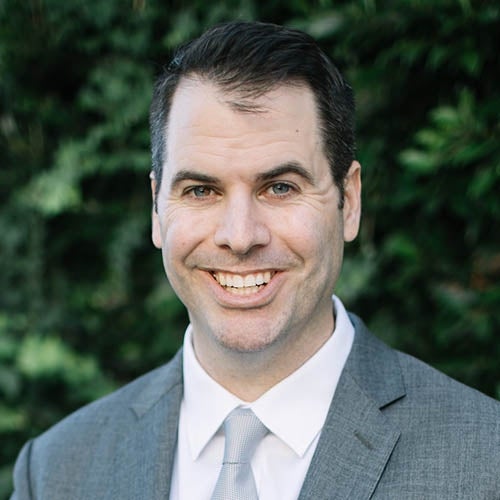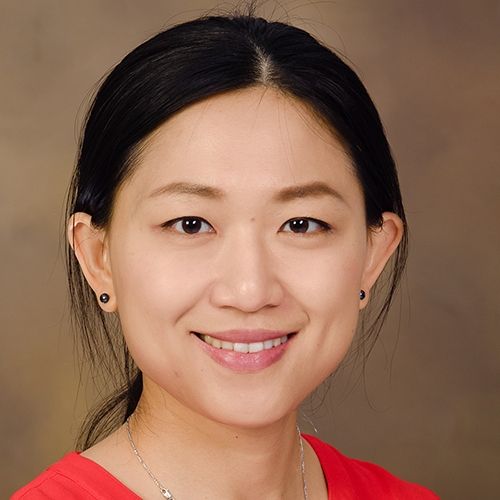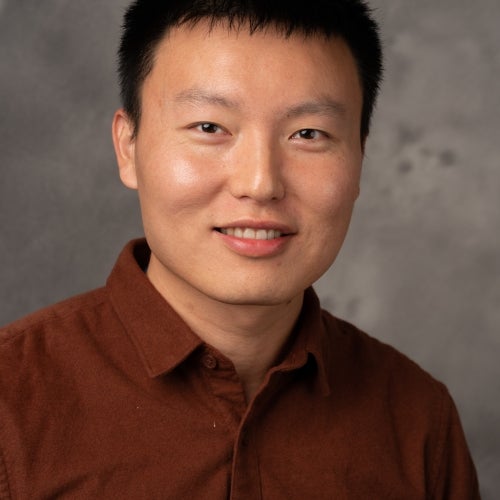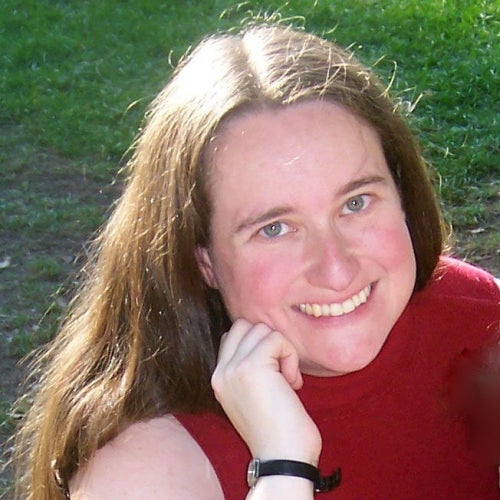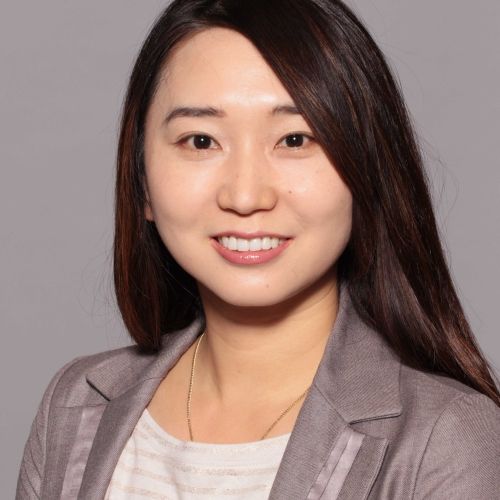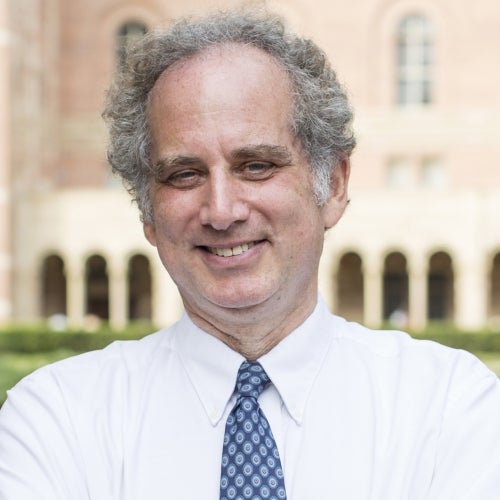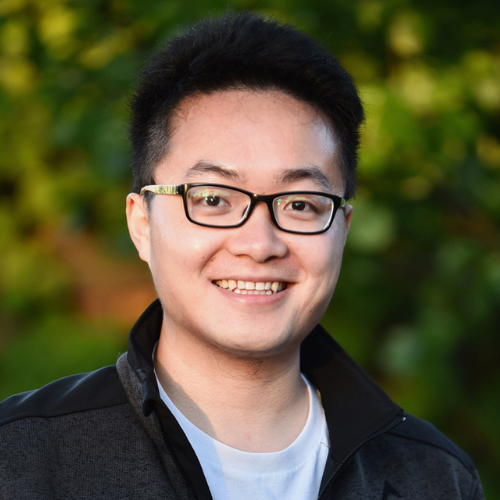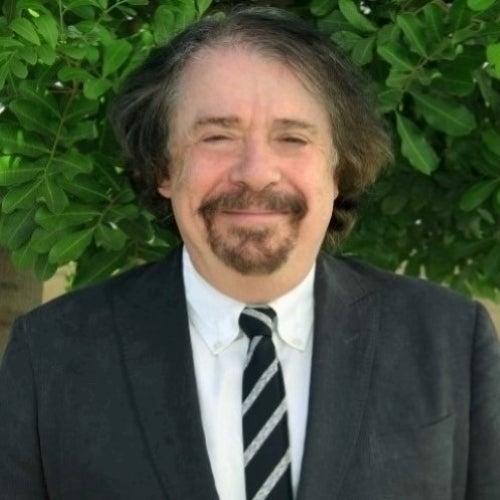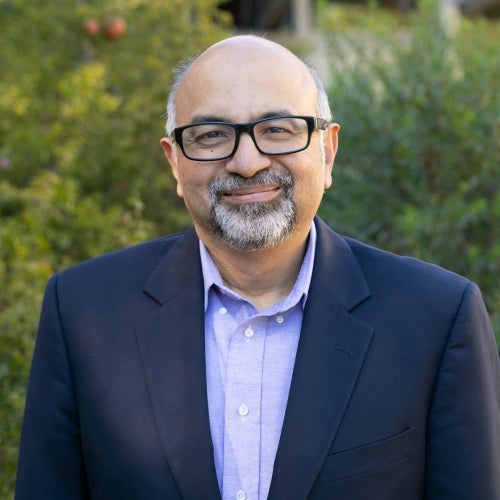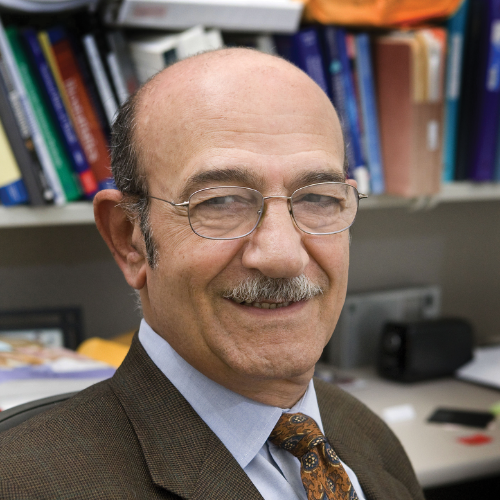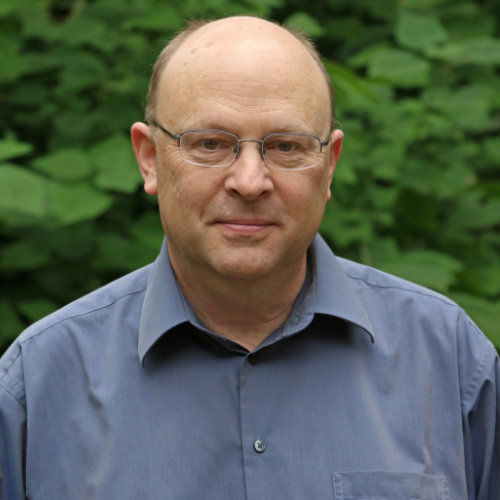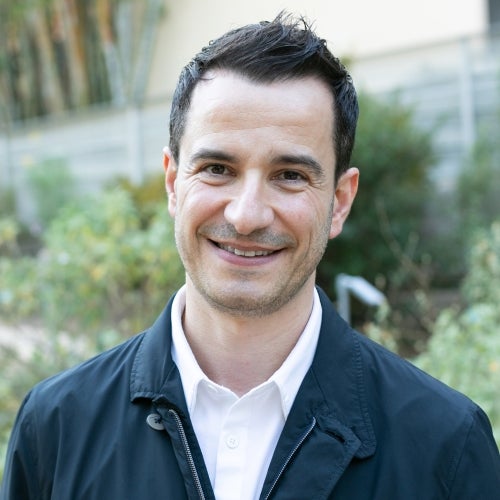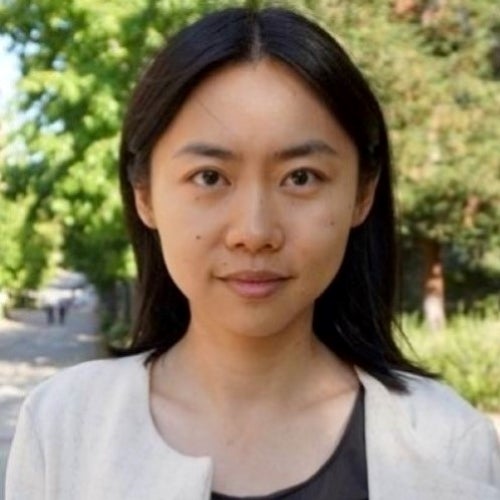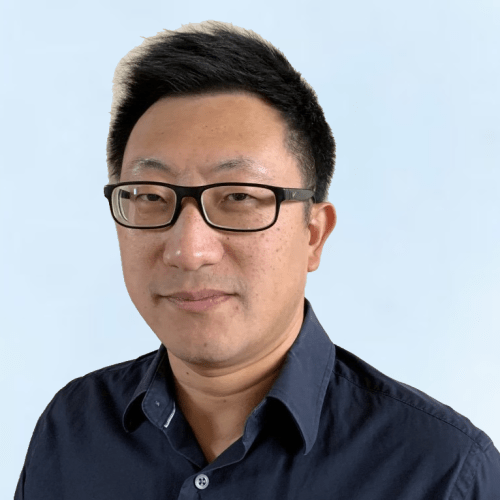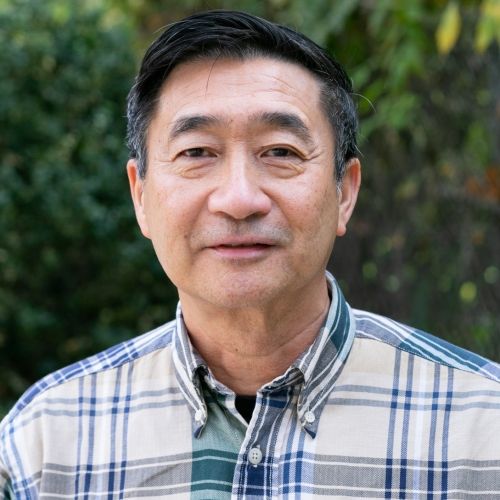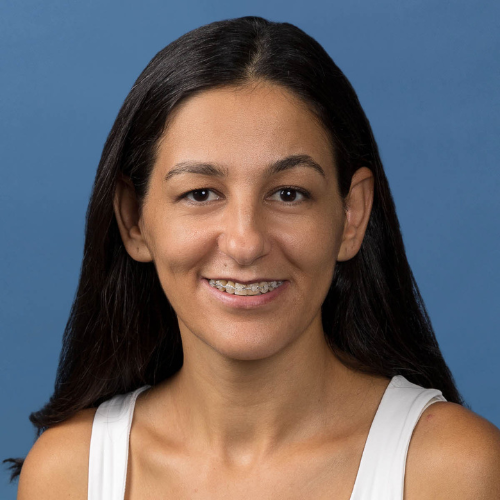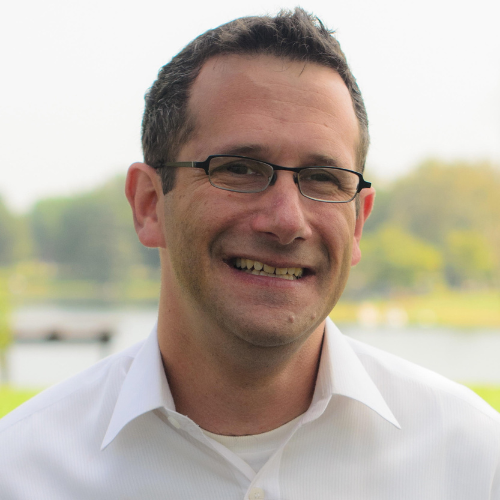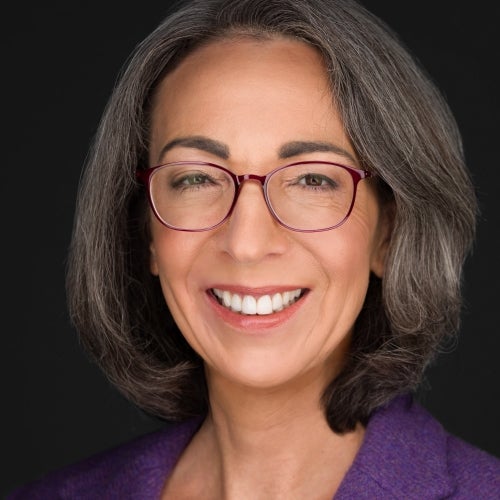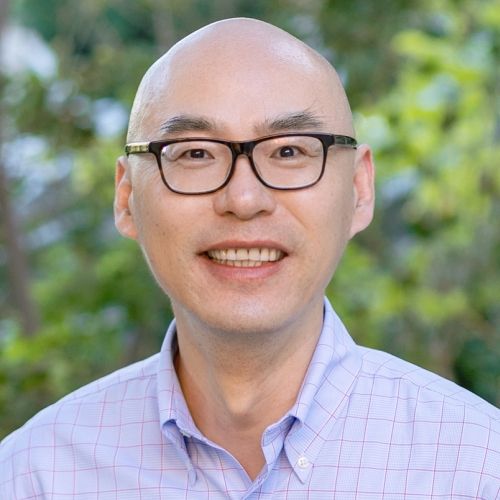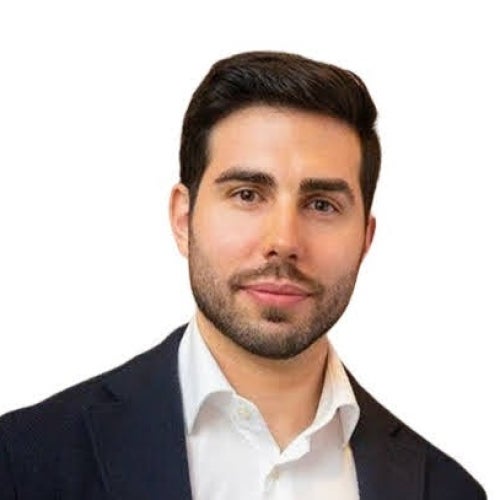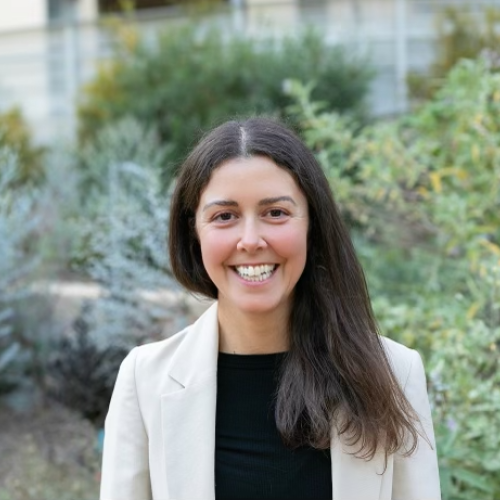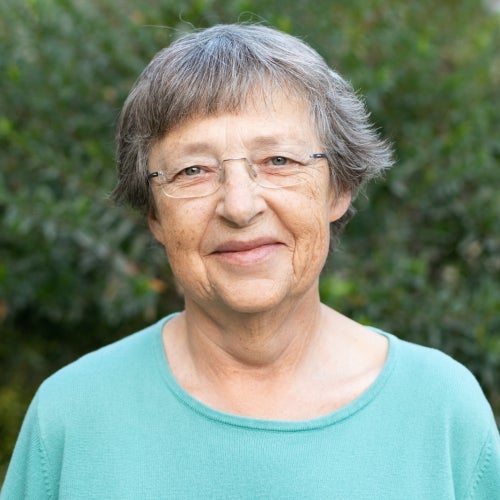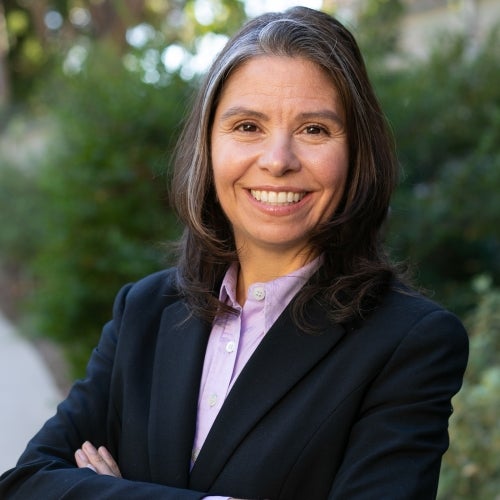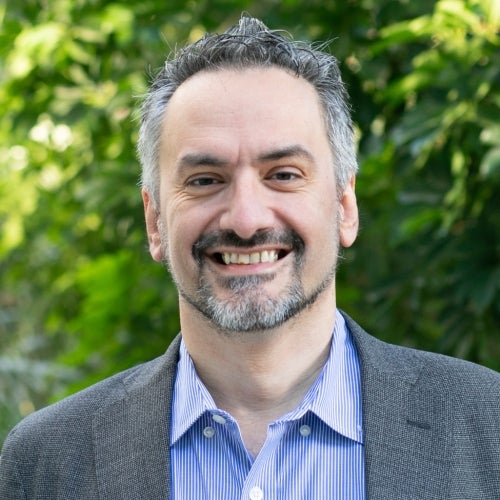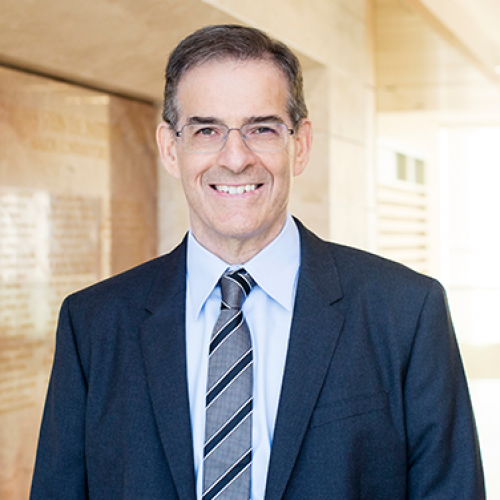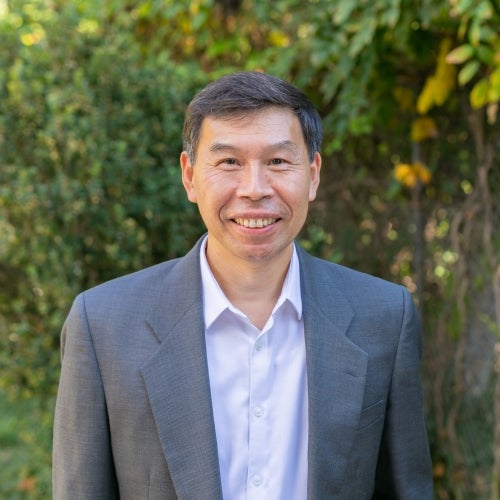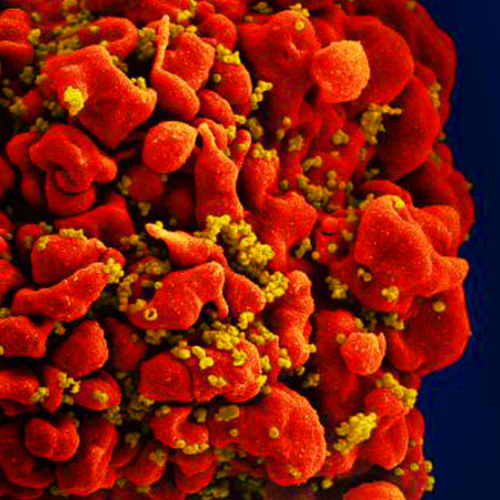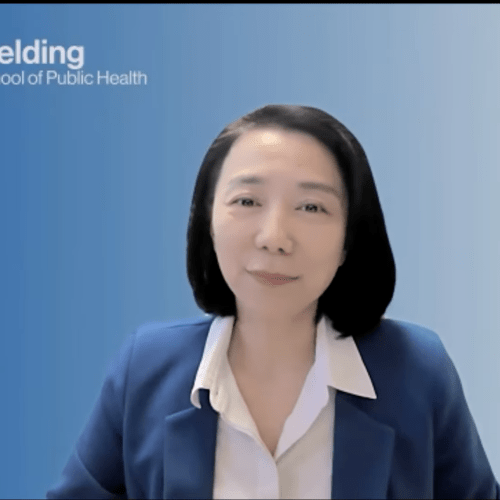"Real age versus biological age: the startups revealing how old we really are"
The Guardian interviewed Dr. Steven Horvath about the concept of “biological age” and the possibilities of new life-lengthening interventions.
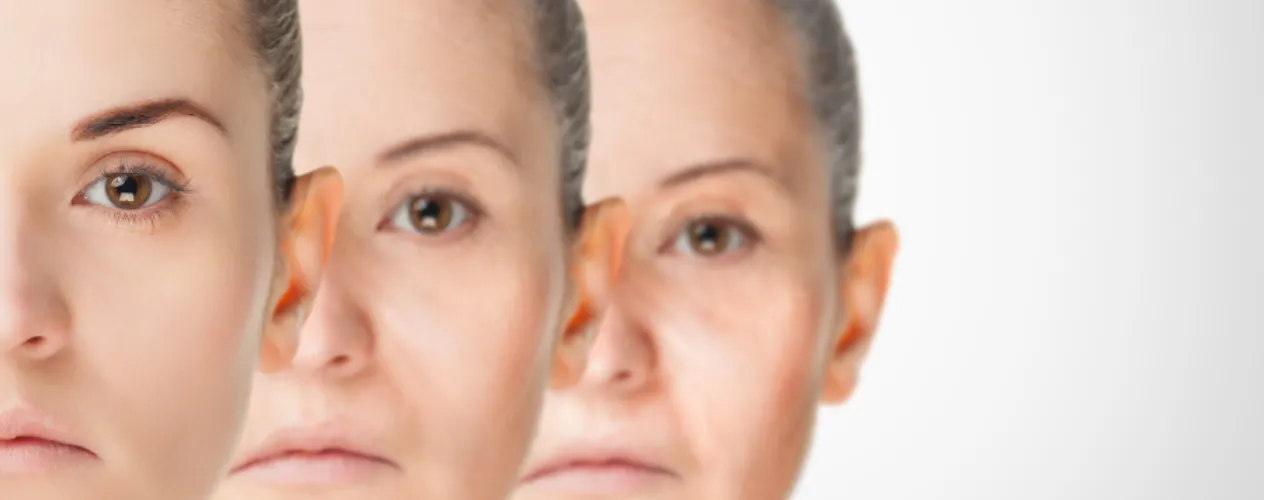
At the end of last year, Jay Chan, a 30-year-old marine engineer, bought his mother a biological age test from Elysium, a New York-based biotech and health supplements start-up founded in 2014. The test was simple – it required only a saliva sample – and it helped that it was being offered for half off the usual $499 (£400) price.
For fans of the self-described “longevity movement” like Chan, the concept of biological age is liberating. Rather than simply measure the passage of time, biological age aims to quantify the ageing of our body’s functions and even predict mortality. Many scientists and longevity advocates believe this information can not only help us understand our own ageing process, but can give us the power to change it.
Chan felt his mother, Ivy, who is 59 years old, would benefit from knowing her biological age because she was anxious about getting older. “She always talked about entering her 60s and how it’s a big step, and this is the start of fading away,” Chan told me. But with her youthful looks, she still felt healthy. “She looks like a 40-year-old!” he said.
Faculty Referenced by this Article
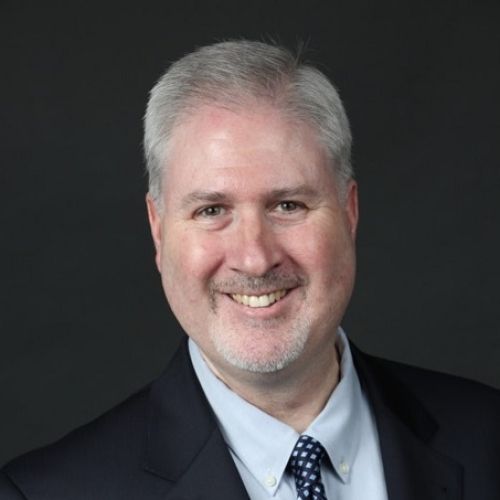
Automated and accessible artificial intelligence methods and software for biomedical data science.
